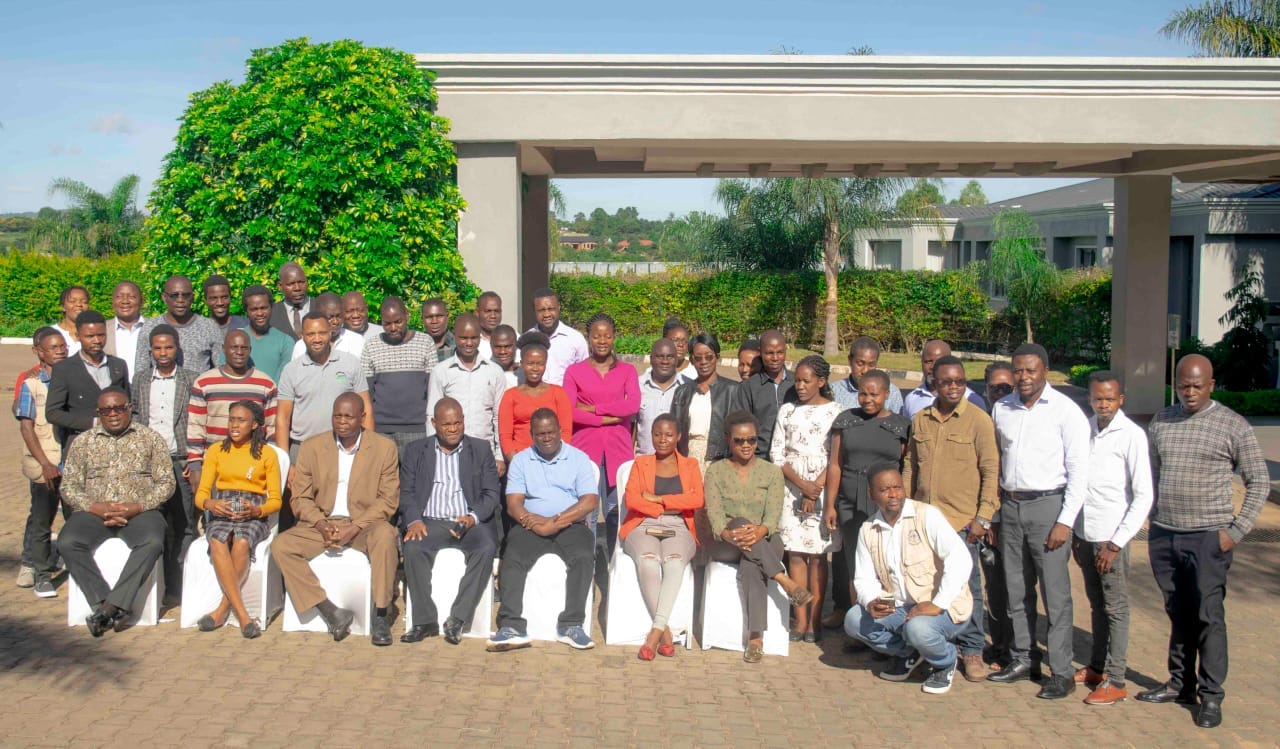Journalists in Northern Malawi Urged to Highlight AGCOM2 Impacts
Stakeholders reflected on AGCOM1's successes that paved the way for the new five-year project championing resilient, sustainable food systems.
MZUZU, Malawi— Media practitioners in Malawi's Northern Region have been encouraged to produce insightful stories highlighting the positive impacts of the Agricultural Commercialization Project (AGCOM2) on food systems and climate resilience, writes Tionge Hara.
The call was made Wednesday as journalists from various outlets were briefed on the achievements of the predecessor AGCOM1 and the vision for AGCOM2, set to run until 2029 with K556 billion ($333 million) from the World Bank and multi-donor trust funds.
"As journalists, we speak for the voiceless, so whatever we report is what the masses get," said Feston Malekezo, chairperson of the Nyika Media Club.
"Let us write pieces that can bring positive impact, helping farmers out there."
Wilson Nagoli, a principal economist at the Ministry of Agriculture, said AGCOM1 supported six nationwide irrigation schemes, laying the groundwork for AGCOM2's efforts to fortify agricultural productivity against climate change's unpredictability.
Launched last year by President Lazarus Chakwera in Ntchisi, AGCOM2 aligns with Malawi's Vision 2063 by boosting agricultural commercialization and productivity, vital components of the country's development blueprint.
Stakeholders reflected on AGCOM1's successes that paved the way for the new five-year project championing resilient, sustainable food systems through enhanced climate-smart interventions and market linkages.



